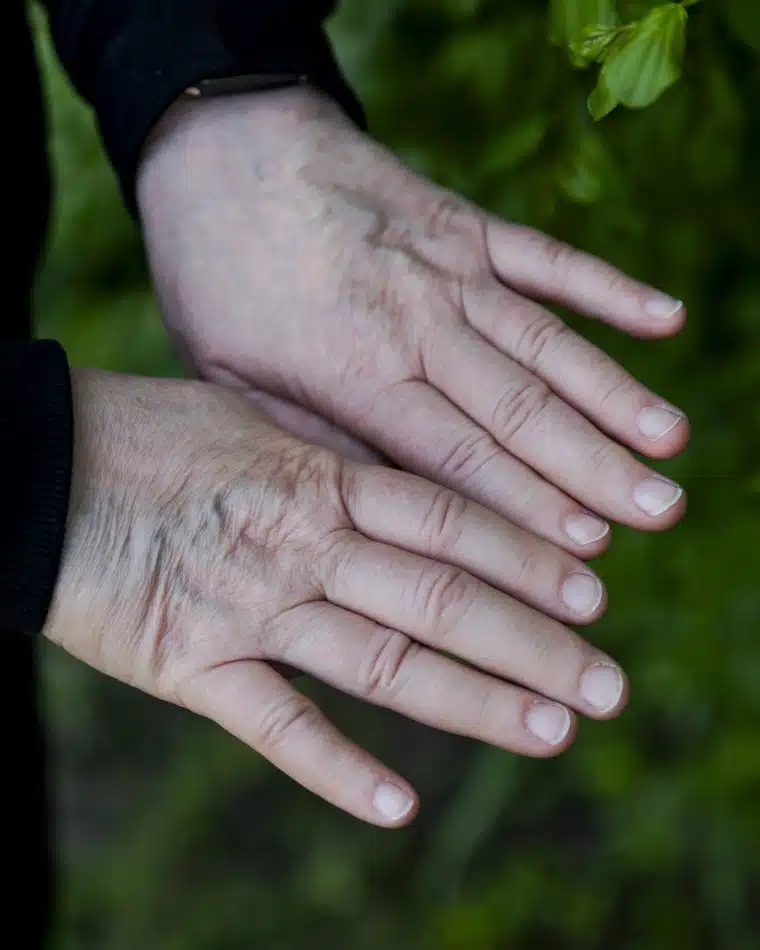The next week, the state health department called with a potential explanation that took her aback. “I was shocked it was cucumbers,” she said. “How in the heck can someone get it from that?”
It can take weeks, months or even longer for health officials to determine the original source of contamination, even if they know which companies grew and processed the food. By August, the FDA had found a potential clue: The two Florida cucumber growers linked to the outbreak had used untreated canal water that tested positive for one of the same salmonella strains that had gotten people sick. (The FDA said that the two growers did not account for all the illnesses in the outbreak but never identified other sources.)
Salmonella is naturally found inside the digestive tracts of many animals. It frequently reaches fruits and vegetables through animal waste that can get into the water supply through wildlife, runoff from animal feedlots or henhouses, or flooding that causes overflowing sewage.
“Water is definitely one of the usual suspects when it comes to produce-related outbreaks,” said Jennifer McEntire, a microbiologist and food safety consultant. “It’s a great way to spread contamination around.”
Health experts advise heating eggs, chicken and red meat to recommended temperatures to kill any potential bacteria, but when fresh produce is eaten raw, there is typically no “kill step” for bacteria. Washing contaminated produce before it’s eaten can reduce the number of microorganisms, but usually isn’t enough to eliminate all of them.

Canals that are open to the surrounding environment can pose a particular risk, since birds can carry salmonella, as can amphibians and reptiles, food safety experts said. All are plentiful in the farming region linked to the recent salmonella outbreaks.
“In Florida, there’s plenty of wildlife who are contributing things like salmonella into the watershed,” said Hedberg, the epidemiologist. “And if it’s in the environment, there’s potential for exposure.”
Bedner Growers sits on the inland side of Boynton Beach, about halfway between Palm Springs and Boca Raton. The Everglades are just to the west; an animal adventure park is a few miles north. Horse stables stretch in every direction.
The farm started in the 1960s and is still run by the same family, cultivating 1,500 acres of bell peppers and 500 acres of cucumbers, according to a 2020 article. The company sells its produce to major retailers but also directly to customers through farm market stands and a “pick your own” operation.
During last year’s salmonella outbreak, the farm defended its untreated canal water, saying that it was used for underground irrigation and not applied to the edible parts of the plant. It was a “common industry practice,” owner Steve Bedner told one media outlet, adding that the farm followed federal rules.
But federal officials have long recognized that the existing rules don’t do enough to prevent the contamination of irrigation water. In 2011, in the wake of multiple serious outbreaks, Congress overhauled the national food safety system, including new requirements for water used in growing produce that have taken more than a decade to draft.
For years, some food safety advocates pushed for uniform testing, to ensure that the water was free of harmful bacteria. Such testing is already required for sprouts, which are at higher risk for contamination. “Testing is not enough to prevent all outbreaks, but it would certainly help,” said Schechinger, the environmental advocate.
Initially, federal officials agreed. But a Biden-era plan to require testing ran aground last year after widespread pushback from industry groups, as well as numerous outside experts, who argued that testing was not a reliable way to prevent contamination given the massive volume of water used to irrigate crops and the limited sensitivity of the most widely available tests.
Instead, under the new rule — which went into effect for large farms in April — fresh produce farmers are required to write a plan that assesses the safety risks of their water, then determine the steps they need to take to prevent contamination.
Beyond testing their water, farmers are increasingly considering chemical treatments that can kill pathogens, as well as UV light and filtration systems, said McEntire, the industry consultant. “It’s better to be proactive,” she said. “Especially if it’s going to be touching the crop close to the time that it’s going to be harvested.”
These water safety plans could look very different from farm to farm, depending on the source of the water, the type of product being grown and the geographic region. Food safety advocates and industry representatives warn that it may be more difficult for farmers to create a plan amid the Trump administration’s cuts to communication, education and outreach programs for food safety, part of a broader slashing of staff and budgets across the federal government.
“There’s a lot of concern is that we won’t necessarily have the technical support for those growers to make the best decisions,” said Joelle Mosso, an associate vice president for Western Growers, an industry group. “What one person thinks is acceptable, another person may not.”









